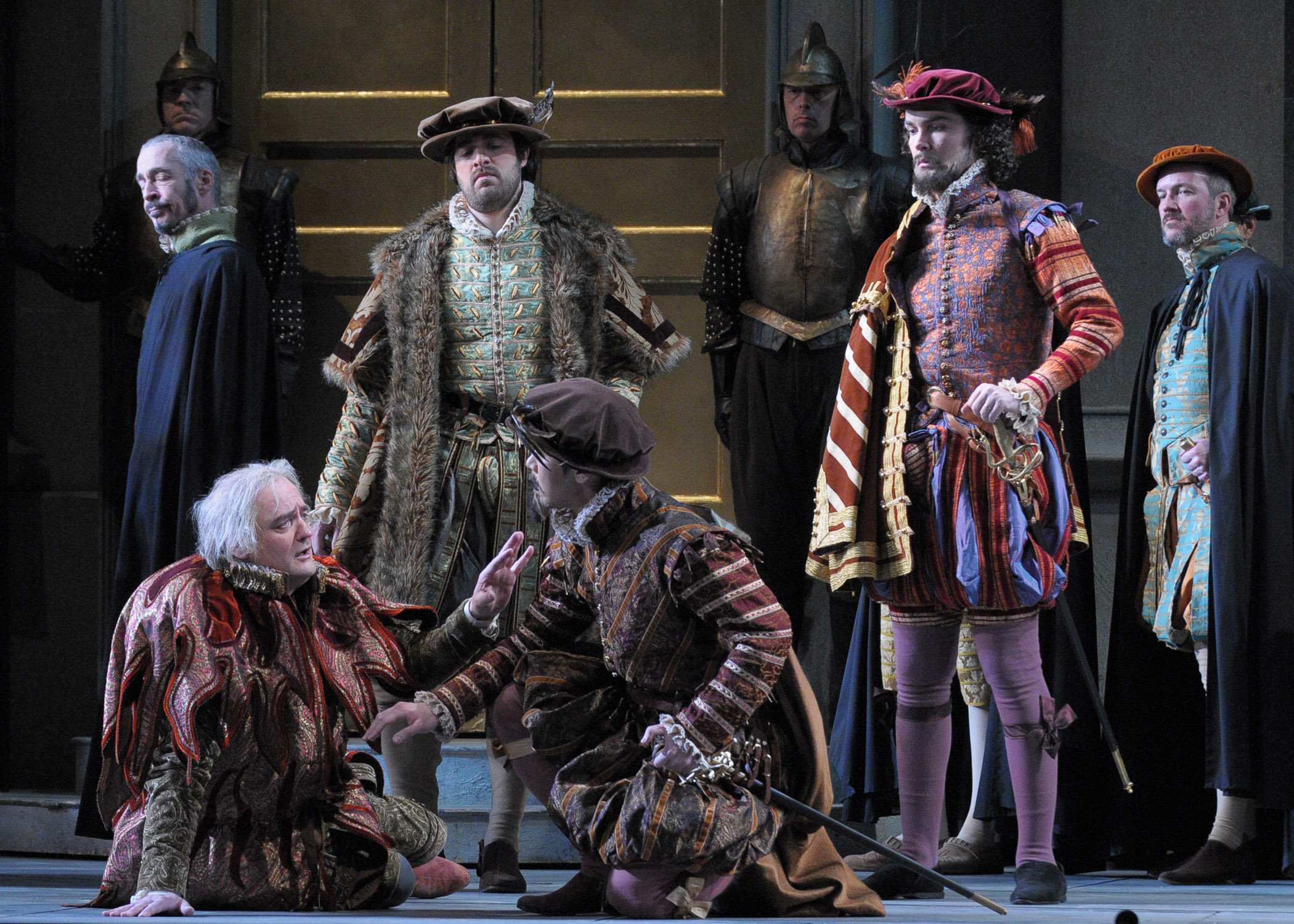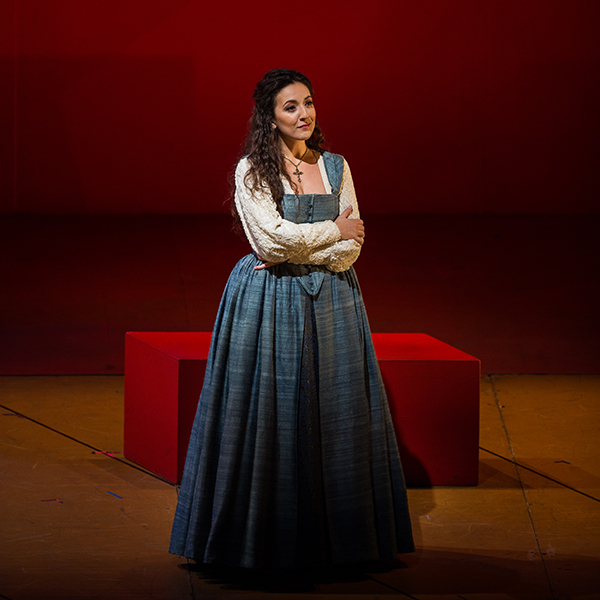
He was not really at ease in this role, which did not lie comfortably for him, and though the beauty of his voice attracted notice, his performance as a whole was not much admired.

Long after he grew too large to be dramatically credible as a poet starving in a garret, Pavarotti continued to charm audiences as Rodolfo, pouring out Puccini's gorgeous melodies like a stream of liquid gold and playing the fool with irresistible good humour.Īfter his unexpected London début, Pavarotti returned to Britain in 1964 to sing Idamante in Mozart's Idomeneo at Glyndebourne.

Rodolfo became Pavarotti's calling card, the role in which he liked to make his début in the opera houses of the world: after Covent Garden, he sang the part at the Vienna State Opera (1963) at the San Carlo, Naples (1964) at La Scala, Milan (1965) at the San Francisco Opera (1967) at the Metropolitan, New York (1968) at the Lyric Opera, Chicago (1973) and at the Paris Opéra (1974). This last engagement led directly to his Covent Garden début in September the same year, as a replacement for Giuseppe di Stefano, who was indisposed, in La Bohème. In 1961 Pavarotti won the Achille Peri competition in Reggio Emilia and made his début there on 29 April as Rodolfo.Īnother early role was the Duke in Rigoletto, which Pavarotti sang at Rovigo, Palermo and, in June 1963, with the Dublin Grand Opera Society. After studying with the former tenor Arrigo Pola in Modena, he went to Mantua to work with Ettore Campogalliani, the teacher of many famous Italian singers, including Renata Tebaldi, Carlo Bergonzi, Renata Scotto and Mirella Freni. He studied to be a teacher and taught in a primary school for two years before he seriously considered becoming a professional singer. By the age of 18 he was six feet tall and weighed just over 12 stone. In his teens, Luciano played a lot of sport, football and volley-ball in particular. Luciano Pavarotti was born in Modena, in northern Italy, where his father, Fernando, a baker by trade, sang as a tenor in the chorus of the Teatro Communale.


 0 kommentar(er)
0 kommentar(er)
